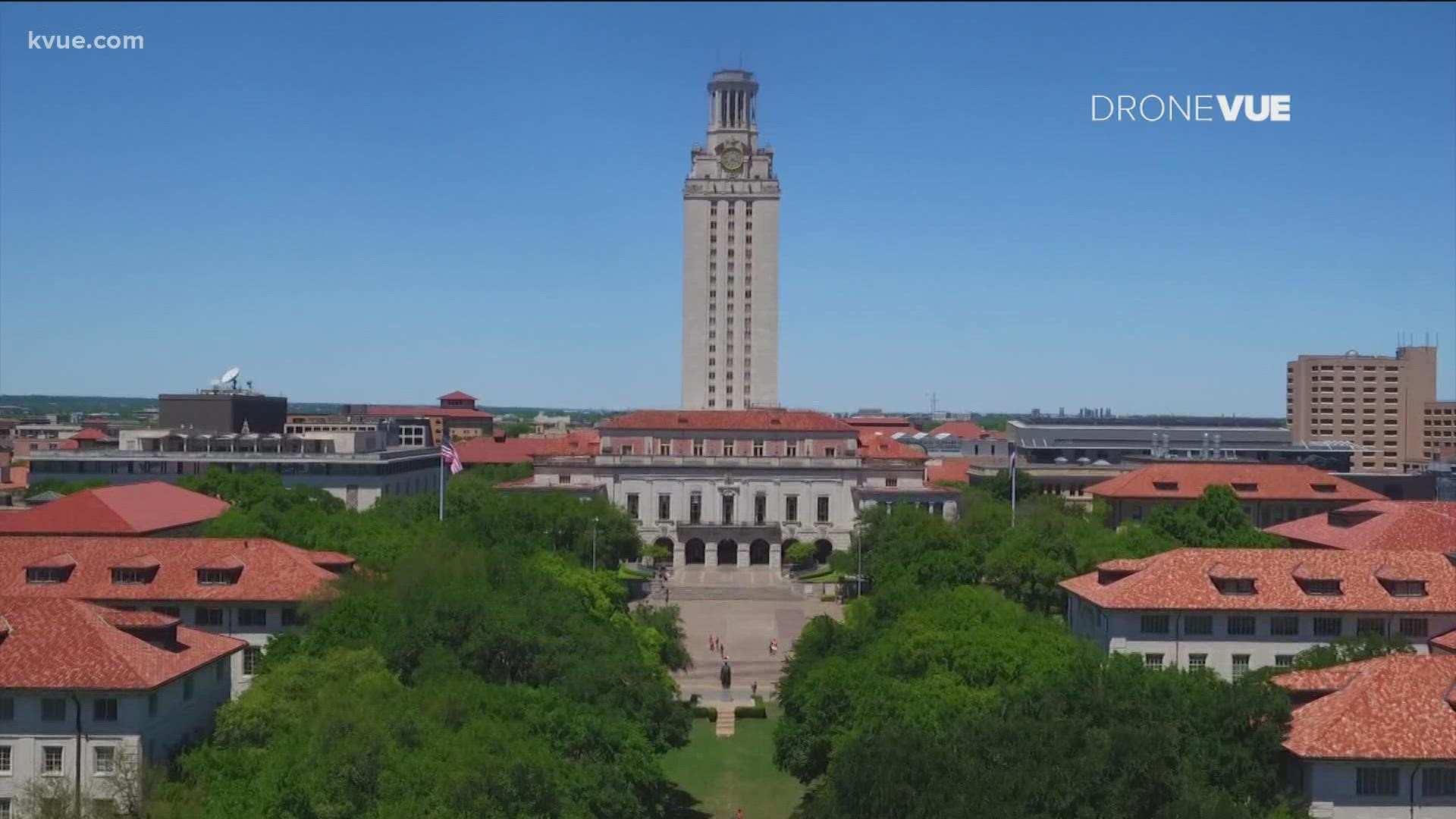AUSTIN, Texas — Last year, the University of Texas at Austin launched its Food Insecurity Action Team (FIAT) to combat food insecurity in the campus community. As part of its efforts, FIAT launched an Annual State of Food Insecurity Study evaluating the extent of food insecurity, the effectiveness of campus policies, the perceptions of food insecurity at UT Austin and the effects of COVID-19 and Winter Storm Uri.
The results of that study are out now.
According to KVUE's media partners at the Austin American-Statesman, FIAT surveyed about 430 students – of the university's roughly 52,000 – last year to evaluate food insecurity. According to the report, nearly one-third of surveyed students said they don't have reliable access to affordable and nutritious food.
The report said that's an increase in food insecure students since the most recent comprehensive survey conducted on food insecurity at UT in 2014-15. That study cited one in four students being food insecure.
According to the report, food insecurity at UT disproportionally affects students of color, first-generation students and LGBTQ students. The report states that Black students were 2.65 times as likely to be food-insecure than white respondents, LGBTQ students were nearly two times as likely to face food insecurity as straight students and first-generation students had 3.37 greater odds of being food insecure than non-first-generation respondents.
The report stated that students living off campus were more than twice as likely to be food insecure compared to respondents living on campus, and 57% of those mainly relying on the bus system for transportation were found to be food insecure.
Eighty-one percent of food insecure respondents reported that the cost of food impacted their ability to access it. Thirty-four percent of food secure respondents said the same.
Meanwhile, 87% of food insecure respondents reported that food insecurity caused them to miss a class or exam, drop a class or not buy a required textbook.
The report lists three recommendations for helping combat food insecurity within the UT community. FIAT suggests UT:
- subsidize University Housing and Dining and increase funding and visit availability for the UT Outpost, a free on-campus food pantry and career closet for enrolled students
- advocate for a bus line directly from campus and Riverside Drive to the nearest grocery store
- and create a campus basic needs website and awareness campaigns
To learn more, read the full 2021 State of Food Insecurity at UT Austin Report.
PEOPLE ARE ALSO READING:

